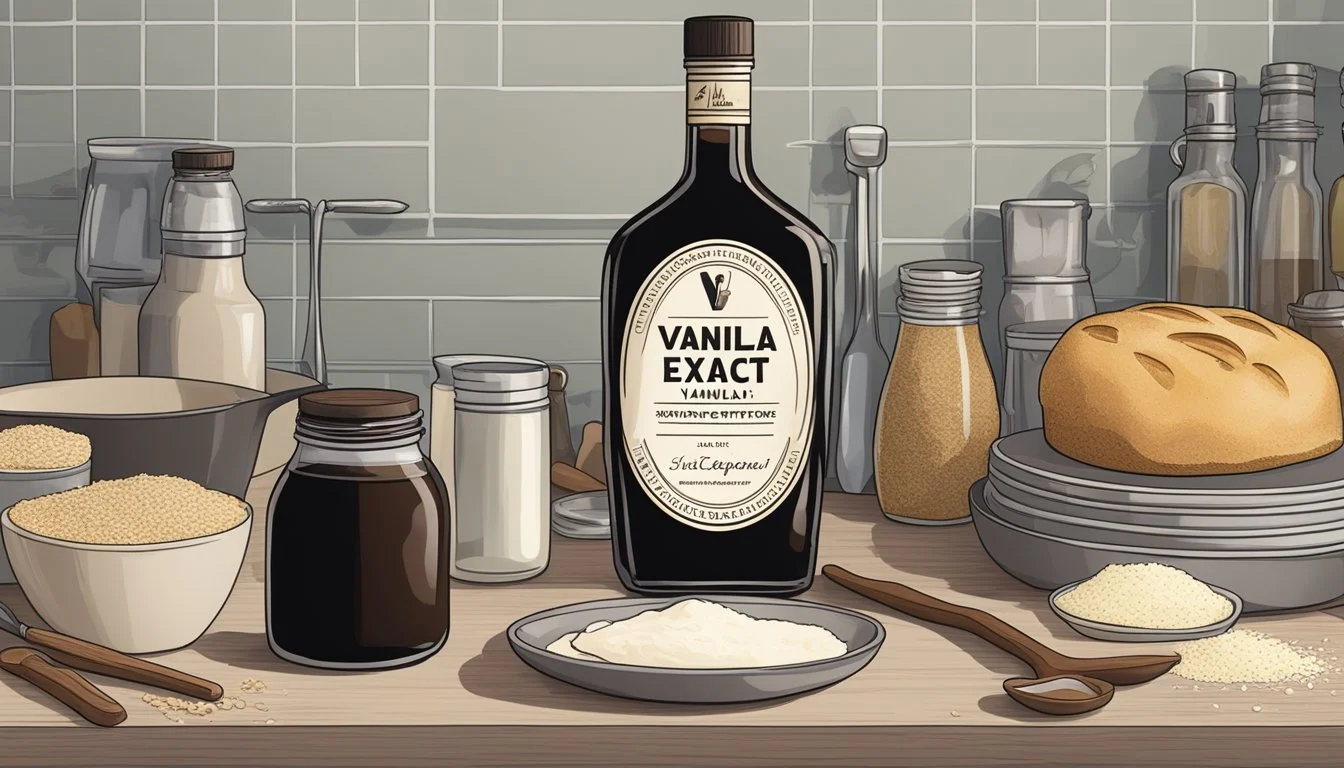Does Vanilla Extract Go Bad?
Understanding Shelf Life and Storage Tips
Vanilla extract, a common ingredient in baking and flavoring, is often thought to be a pantry staple with an indefinite shelf life. Derived from vanilla beans, its high alcohol content typically extends its longevity, protecting it from spoilage. It is important to understand, however, that while pure vanilla extract remains potent for a considerable amount of time, it is not completely impervious to deterioration.
Factors such as exposure to light, heat, and air can influence the quality of vanilla extract over time. Typically, pure vanilla extract maintains its quality for about five years, if stored properly in a cool, dark place. It is less likely for pure extract to go bad in a way that renders it unsafe to consume, but it may gradually lose its potent vanilla flavor and aroma.
It is noteworthy that synthetic vanilla extracts or those containing sugar and other additives may exhibit a different shelf life and be more susceptible to spoilage. Signs of spoilage include an off smell, a weak flavor profile, or the presence of mold, particularly if the vanilla extract has been stored improperly or for an excessively long time.
Understanding Vanilla Extract
Vanilla extract, as a culinary ingredient, plays a crucial role in a multitude of recipes, transforming them with its unique flavor profile. It stems from the combination of vanilla beans and alcohol and varies significantly in quality and flavor depending on its type and storage.
Composition and Types
Vanilla extract comprises primarily of vanillin, the main flavor compound extracted from vanilla beans, which are soaked in an alcohol solution. There are two main types: pure vanilla extract and imitation vanilla extract. Pure vanilla extract is made from real vanilla beans, while imitation vanilla contains synthetic vanillin and other ingredients.
Shelf Life and Quality Indicators
Pure vanilla extract has a long shelf life and can potentially last indefinitely if stored correctly, maintaining its potency. Signs of spoilage include an off smell, visual mold growth, or a change in flavor. Imitation vanilla typically has a shelf life of three to four years.
The Effects of Storage Conditions
Storage conditions greatly influence vanilla extract's stability. It should be kept in a cool, dark place — such as a pantry — away from heat and light. Proper storage mitigates the risk of flavor and quality deterioration.
Using Expired Vanilla Extract
While using expired vanilla extract may not make you sick, its flavor quality could be compromised. If the extract is cloudy or has sediment, it's best not to use it.
Maximizing Vanilla Extract's Lifespan
To maximize its lifespan, store vanilla extract in a tightly sealed glass bottle and avoid exposure to air, which can lead to evaporation of the alcohol content.
Practical Tips and FAQs
How to store vanilla extract? Store in a cool, dark pantry, not the refrigerator.
Can it freeze? Freezing is not recommended as it can alter the extract's quality.
Distinguishing Between Types of Vanilla Products
Vanilla essence is another product often confused with vanilla extract but usually contains less real vanilla and is more processed. Significant price differences can also reflect the authenticity of the vanilla flavor.
Culinary Uses of Vanilla Extract
Vanilla extract enhances the taste of cakes, cookies, frostings, and even savory dishes. The rich aroma and flavor complexity it adds to desserts and other recipes make it an invaluable ingredient in a baking pantry.
Homemade Vanilla Extract
Homemade vanilla extract involves placing vanilla beans in alcohol and allowing the mixture to sit for several months. The quality depends on the beans used and the time allowed for the flavor compounds to infuse.



